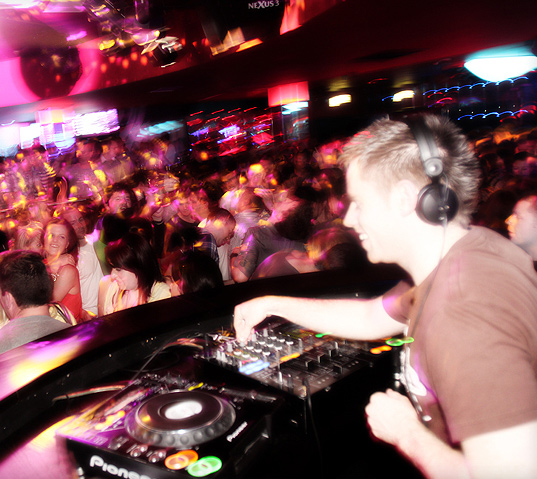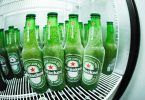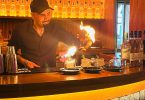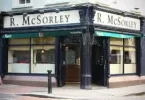Call to get people back into pubs to cut down on disorder
The Plymouth Business School’s Dr Adrian Barton argues that the new model of ‘home-pub-club’ drinking has contributed to a rise in alcohol-related crime.
He points out, “Alcohol policy that is aimed solely at a public space drinking model will fail to adequately address circumstances where upwards of a third of the night’s alcohol is consumed in a private sphere setting”.
In a survey of almost 600 people who’d been arrested, the pattern of drinking in the hours leading up to their arrest was studied. It found that two-thirds of those aged 17 to 30 had been drinking in domestic premises prior to moving into town.
The majority reported that they were already drunk before reaching town.
He cited previous research which found that home drinkers were two-and-a-half times more likely to have been involved in violence than non-home drinkers whilst 64 per cent of detainees were drinking in at least a hazardous manner and that in the under-30 age group violent crime dominated arrests.
His own research found that 83 per cent of 17 to 30 year-olds had purchased alcohol from a supermarket and that 40 per cent were later arrested for offences related to violence.
“Somewhat paradoxically, it would appear that previous government policy around alcohol – the restrictions on discounted drinks promotions, happy hours and buy-one-get-one-free offers and extended late night openings – could be at the root of some of these problems,” he stated.
“There is clearly a demand for cheap early evening drinks and it is possible that reducing the availability of these in licensed premises has been at least partially at the root of the rise in pre-loading. Equally, most pre-loaders expressed a desire to ‘go out’ following home drinking. Extended late opening allows entry into the Night Time Economy almost throughout the night thus potentially prolonging the pre-loading session, increasing the likelihood of excessive drinking and thus exacerbating the chances of flash points occurring around hard-end control.”
He suggested that UK government policy was still locked into the more traditional ‘pub-club’ model.
“As a result current policy misses the drinking patterns of at least half of those who enter the Night Time Economy. Failure to recognise the changing nature of alcohol consumption in the NTE will simply prolong and further entrench the problems associated with pre-loading.
“Although it may seem counter intuitive, it may be that in order to better control violence in the NTE, government policy needs to entice people back into the pubs and bars” he stated, “especially for the crucial early-evening period, where they can at least be monitored by staff.”
cap: “Although it may seem counter intuitive, it may be that in order to better control violence in the NTE, government policy needs to entice people back into the pubs and bars.”
 “Although it may seem counter intuitive, it may be that in order to better control violence in the NTE, government policy needs to entice people back into the pubs and bars.”
“Although it may seem counter intuitive, it may be that in order to better control violence in the NTE, government policy needs to entice people back into the pubs and bars.”








